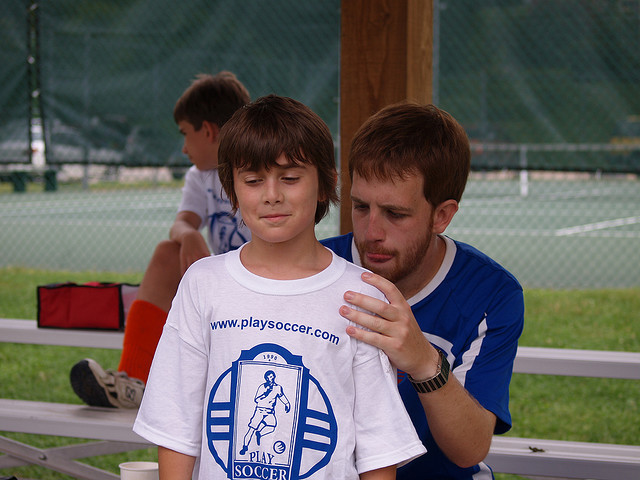By now, your child has likely chosen and settled into extra curricular activities that many fill their after school and weekend hours with. My 12 year old, Chloe’s choice, is a no brainer. She’d dance at Attitudes Dance and Performing Arts Studio every night of the week if she could. Each year she adds another class to her repertoire and hasn’t tired of it over the past five years. I don’t care if she ever auditions for ‘So you think you can dance.’ I’m just happy that she loves dancing in a non competitive environment with many of her school friends and that she’s developed the confidence to perform in front of an audience at the end of the year recital.
I must admit that there have been years when I tried to encourage – even bribe – her to try something else. Like the time I enrolled her in piano lessons because I have always wanted her to play the piano as beautifully and effortlessly as my husband does. Having heard stories from my mother in law about how my husband wanted to quit, how she wouldn’t allow him to, and now seeing the fruits of her labour, I thought that we could go down the same path. However, each child is different and eventually, she negotiated her way out of piano lessons.
Deciding when to allow children to quit lessons or an activity that you feel is best for him or her, is difficult. It really comes down to how much consideration we should give to our child’s wishes and when, as a parent, we have to make a decision that we hope our child will ultimately thank us for. I am reminded of a conversation I had with a good friend recently. Years back, it was determined that her daughter was eligible for the gifted stream following her grade 3 year. As a family, they determined that she would be better served by being withdrawn one day a week as opposed to attending a full time gifted program within the public school system. Over the past three years, my friend has noticed her daughter’s increasing resentment at being withdrawn. Rather than feeling privileged at being given the opportunity to attend a program that stretched her thinking, she felt that she was being punished for being bright. She hated the one day of the week that she missed activities that her good friends shared at their home school.
Before the end of her grade 6 year, she became increasingly vocal about wanting to remain in her home school every day of the week. Her parents, loving that their daughter had been given the unique opportunity of expanding her thinking, were reluctant to let her leave. So, my friend turned to me for advice. After some careful reflection, I shared that since her daughter had given the one day a week program a full three years of her time, and since she was already a bright and logical thinker, did not rush into making decisions and was very responsible, that I felt that she should give more weight to what her daughter wanted at this point. I recommended that instead of throwing her hands up and saying “fine, do what you want. Quit!” (which I doubt she would have done anyway), that she let her daughter know that because they trusted and respected her opinion, that they felt that they could trust her to help make this important decision. To actually put into practise what she had learnt to do in her gifted classroom. If they felt it necessary, they could even sit as a family to record the pros and cons of staying in the program before making an absolute decision.
I also suggested (although my friend had already considered this), that there may be other after school programs that their daughter could enrol in. For example, being a whiz at math, she could take part in an extra curricular math program for students with a strong aptitude for numbers. I suggested that they might even want to make this a condition for leaving the one day a week program but that they could re evaluate this program at the end of the school year or sooner.
Bottom line is that it’s best to try to make these decisions as a family. If a child feels that he or she has either been forced into a program or is being forced to stay, then he or she may develop not only resentment towards the program itself (and then not receive the maximum benefit from it) but also resentment towards you for not hearing his or her point of view. As parents it’s okay to choose programs and activities for our very young children without much say from them. Then, as they grow older and we want to encourage independent thought and individual expression, we may need to stand aside and make room for their inclusion in a democratic decision making process.
